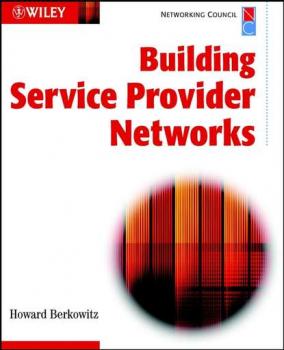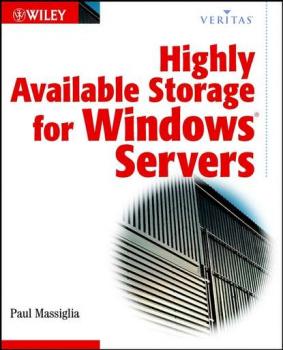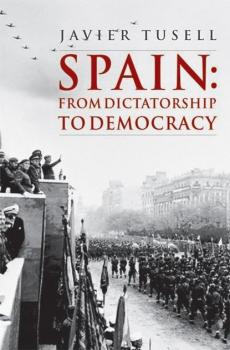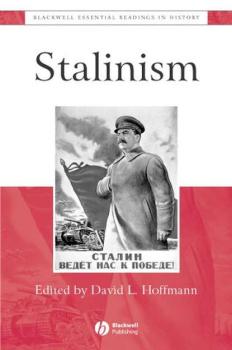Группа авторов
Список книг автора Группа авторовBuilding Service Provider Networks
To be competitive, service providers cannot customize every installation but must simultaneously offer services that meet a wide range of perceived customer needs. This guide shows commercial service providers and equipment vendors how to build competitive service offerings for enterprise-specific needs. Provides vital technical and business guidance to the service provider marketplace Explains how to satisfy the customer's specific needs in data, voice, and/or video Enables readers to gain the upper hand in submitting the most competitive service network bids and service level guarantees to customers
Highly Available Storage for Windows Servers
The first how-to guide for online storage management with Windows 2000 In this book, expert Paul Massiglia first provides a clear tutorial on the principles of managed online storage and then walks you through the basics of how to manage your disks and RAID arrays in the Windows 2000 server environment. He provides all the information system administrators need to take advantage of Windows 2000's powerful new capabilities for handling large numbers of disks and RAID subsystems. Using both the embedded capabilities of the Windows 2000 operating system, VERITAS Volume Manager–the de-facto standard for application storage–and other working examples, Massiglia clearly illustrates how to organize disks so that all application data can be given the right balance of availability, I/O performance, and online storage cost. Readers will learn about online storage architectures, failure and non-failure tolerant volumes, RAID, online disks, and creating and managing volumes.
Spain
This comprehensive survey of Spain’s history looks at the major political, social, and economic changes that took place from the end of the Civil War to the beginning of the twenty-first century. A thorough introduction to post-Civil War Spain, from its development under Franco and subsequent transition to democracy up to the present day Tusell was a celebrated public figure and historian. During his lifetime he negotiated the return to Spain of Picasso’s Guernica, was elected UCD councillor for Madrid, and became a respected media commentator before his untimely death in 2005 Includes a biography and political assessment of Francisco Franco Covers a number of pertinent topics, including fascism, isolationism, political opposition, economic development, decolonization, terrorism, foreign policy, and democracy Provides a context for understanding the continuing tensions between democracy and terrorism, including the effects of the 2004 Madrid Bombings
Stalinism
This book comprises 11 essays on Stalinism by both eminent historians and younger scholars who have conducted research in the newly opened Russian archives. They discuss both the origins and consequences of Stalinism, and illustrate recent scholarly trends in the field of Soviet history. A collection of essays on Stalinism by both eminent and younger scholars. Discusses both the origins and consequences of Stalinism. Provides an overview of the debates for students new to the subject. Includes the results of research in the newly opened Russian archives.
Peace
How peace has been made and maintained, experienced and imagined is not only a matter of historical interest, but also of pressing concern. Peace: A World History is the first study to explore the full spectrum of peace and peacemaking from prehistoric to contemporary times in a single volume aimed at improving their prospects. By focusing on key periods, events, people, ideas and texts, Antony Adolf shows how the inspiring possibilities and pragmatic limits of peace and peacemaking were shaped by their cultural contexts and, in turn, shaped local and global histories. Diplomatic, pacifist, legal, transformative non-violent and anti-war movements are just a few prominent examples. Proposed and performed in socio-economic, political, religious, philosophical and other ways, Adolf's presentation of the diversity of peace and peacemaking challenges the notions that peace is solely the absence of war, that this negation is the only task of peacemakers, and that history is exclusively written by military victors. “Without the victories of peacemakers and the resourcefulness of the peaceful,” he contends, “there would be no history to write.” This book is essential reading for students, scholars, policy-shapers, activists and general readers involved with how present forms of peace and peacemaking have been influenced by those of the past, and how future forms can benefit by taking these into account.
Watergate
The second edition of Watergate: A Brief History with Documents presents a collection of relevant historic documents from Nixon's acceptance speech at the 1968 Republican National Convention to his 1974 pardon. Includes transcripts of recently-released Watergate tapes that reveal Nixon’s thoughts and reactions to events as they unfolded, and that deal with the identity of the anonymous source known as ‘Deep Throat’. Uses the crisis to explain how American politics and law work and provides an indication of the way the country may handle future crises Provides brief summaries of what happened to various Watergate participants Covers the entire span of time from Nixon's 1968 acceptance speech at the RNC until his pardon in 1974
Nero
In this rigorously researched biography Jürgen Malitz invites readers to reconsider the reputation of the Roman Emperor Nero. Focuses on the growing tension between Nero’s artistic tendencies and his role as emperor. Steers readers through the diverse interpretations of Nero that have arisen through the ages. Allows readers to form a balanced judgment of this divisive and controversial Emperor.
Osiris
Bojana Mojsov tells the story of the cult of Osiris from beginning to end, sketching its development throughout 3,000 years of Egyptian history. Draws together the numerous records about Osiris from the third millennium B.C. to the Roman conquest of Egypt. Demonstrates that the cult of Osiris was the most popular and enduring of the ancient religions. Shows how the cult provided direct antecedents for many ideas, traits and customs in Christianity, including the concept of the trinity, baptism in the sacred river, and the sacrament of the Eucharist. Reveals the cult’s influence on other western mystical traditions and groups, such as the Alchemists, Rosicrucians and Freemasons. Written for a general, as well as a scholarly audience.
Tiberius
Robin Seager has updated his classic biography of Tiberius, which focuses on the Emperor’s complex character as the key to understanding his reign. The most readable account available of the life of Tiberius, the second Roman emperor. Argues that Tiberius’ character provides the key to understanding his reign. Portrays Tiberius as a man whose virtues and beliefs were corrupted by power. Shows how Tiberius’ fears of conspiracy and assassination caused him to lose his grasp of reality. A new afterword discusses important new evidence that has come to light on the reign of Tiberius.
Nature
'Nature' is a deceptively simple and ahistorical term, suggesting intrinsic, unchanging reality. Yet nature has a history too, both in terms of human attitudes and human impacts. Coates outlines the major understandings of 'nature' in the western world since classical times, from nature as higher authority to its more recent meaning of threatened physical space and life forms. Unlike many others, this book places the history of attitudes to nature within the story of human-induced changes in the material environment. And few others take a supranational perspective, or cross the divides between historical eras. A distinctive unifying theme is Coates's interest in how 'green' writers over the last thirty years have interpreted our past dealings with nature, specifically their efforts to diagnose the roots of contemporary ecological problems and their search for ancestors. He concludes with a discussion of the future of nature in the context of developments such as the 'new' ecology, global warming, advances in genetic engineering and research on animal behaviour. Assuming no previous knowledge, Nature provides the reader with an accessible synthesis and introduction to some of environmental history's central features and debates, confirming its status as one of the most enthralling current pursuits within historical studies. This will be essential reading for second-year undergraduates and above in cultural history and environmental history, as well as to the general reader interested in environmental issues.









